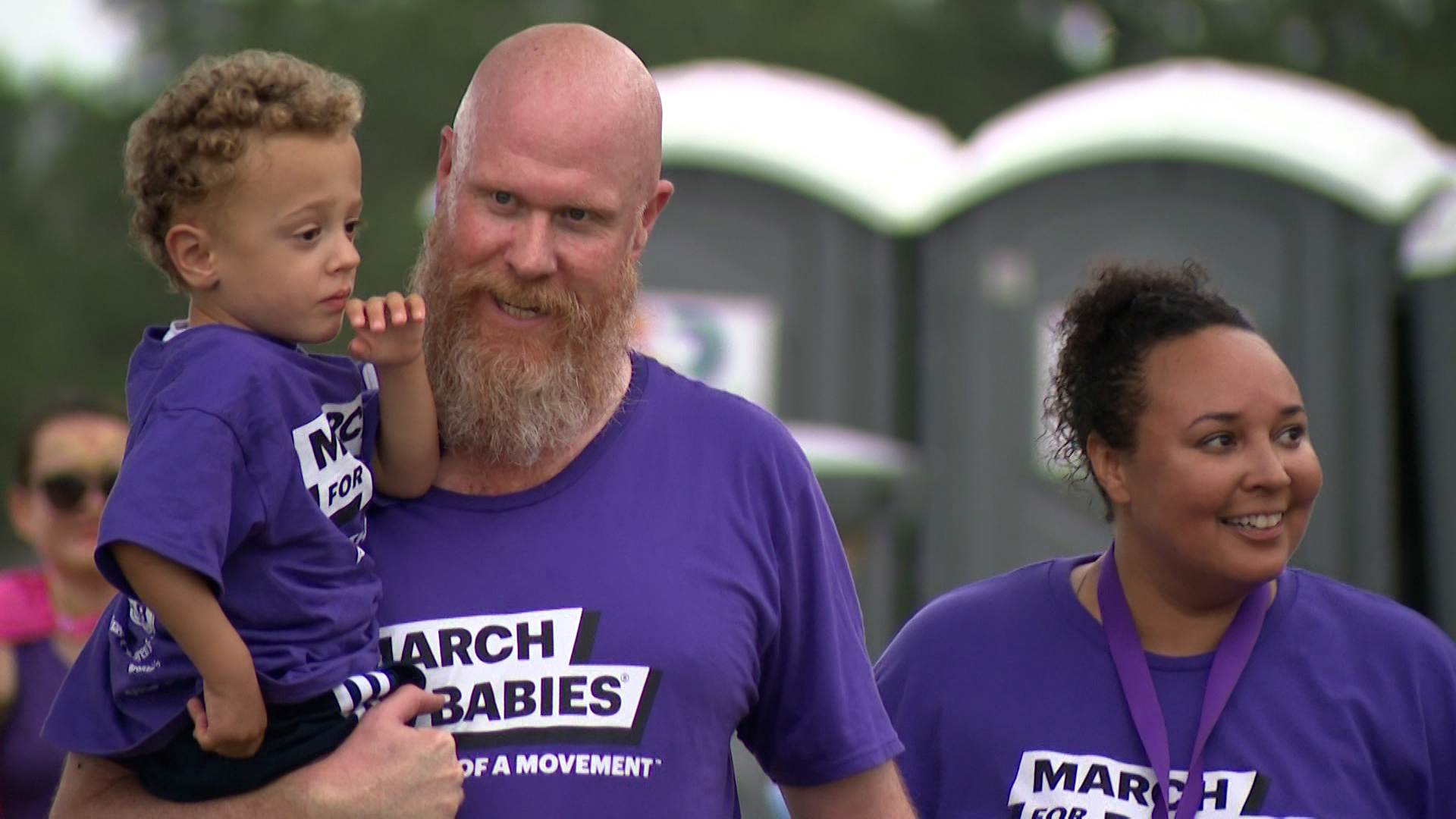AUSTIN, Texas — Seeing her 2-year-old son, Ethan, playing at a park is something Phylicia Teymer didn’t think would be possible two years ago.
Teymer and her husband, Nathan, struggled with infertility for six years. Then when they were finally able to conceive, Ethan was born prematurely, at just 24 weeks.
“He spent 147 days – it’s about five months – in intensive care, and we waited and prayed, hoping that we would be able to make it out of those NICU doors as a family,” Teymer said. “Ethan fought with every ounce of his body.”
Teymer said for those 147 days, she and her husband were unable to sleep, for fear of what would happen to their son.
“Hoping that your child will live is a whole other experience that I wouldn’t wish on anyone,” Teymer said.
But that experience is what has made Teymer such a strong advocate for maternal health care in Texas.
“It’s so important that in Texas, and in any state, that we advocate for the health of moms before pregnancy, during pregnancy and even after because NICU experiences are expensive, and they’re preventable in many cases,” Teymer said.
Teymer joined dozens of other families at the March for Dimes “March for Babies" walk at the Walter E. Long Metropolitan Park on Saturday morning. The organization’s aim is to rally around the health of every mom and family that deals with maternal and infant health care struggles.
“My hope for Texas is that every baby, no matter where they live in Texas, is a healthy, full-term baby,” Erin Stangland, the executive director for March of Dimes Central Texas, said.
According to the March of Dimes annual report card, Texas earned a “D-” for maternal and infant health care. That means that one in every nine babies born in Texas is born prematurely. Stangland said that number is even worse for families of color.
Because of this, the organization has long been advocating for better maternal health care policies in Texas. Stangland said it was a relief to see Texas lawmakers pass House Bill 12 last year. The bill that expands Medicaid coverage following pregnancy for a full 12 months. Previously, Medicaid only covered two months after pregnancy.
Teymer is also advocating for more flexibility in the workplace and giving moms more resources. She said things like providing child care and helping with meals and money for gas while these women are dealing with maternal health struggles would make all the difference.
Because being able to get the care she needed so that her son could live meant everything to Teymer.
“He spent so many days on oxygen, and so to see him running and playing and being so active it really warms my heart,” Teymer said. “I’m just thanking my lucky stars that we’re able to be here with him, and for him to be living.”

